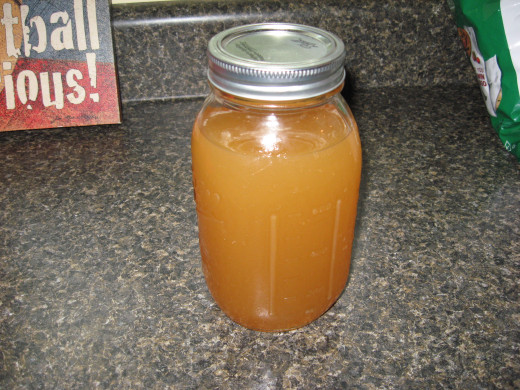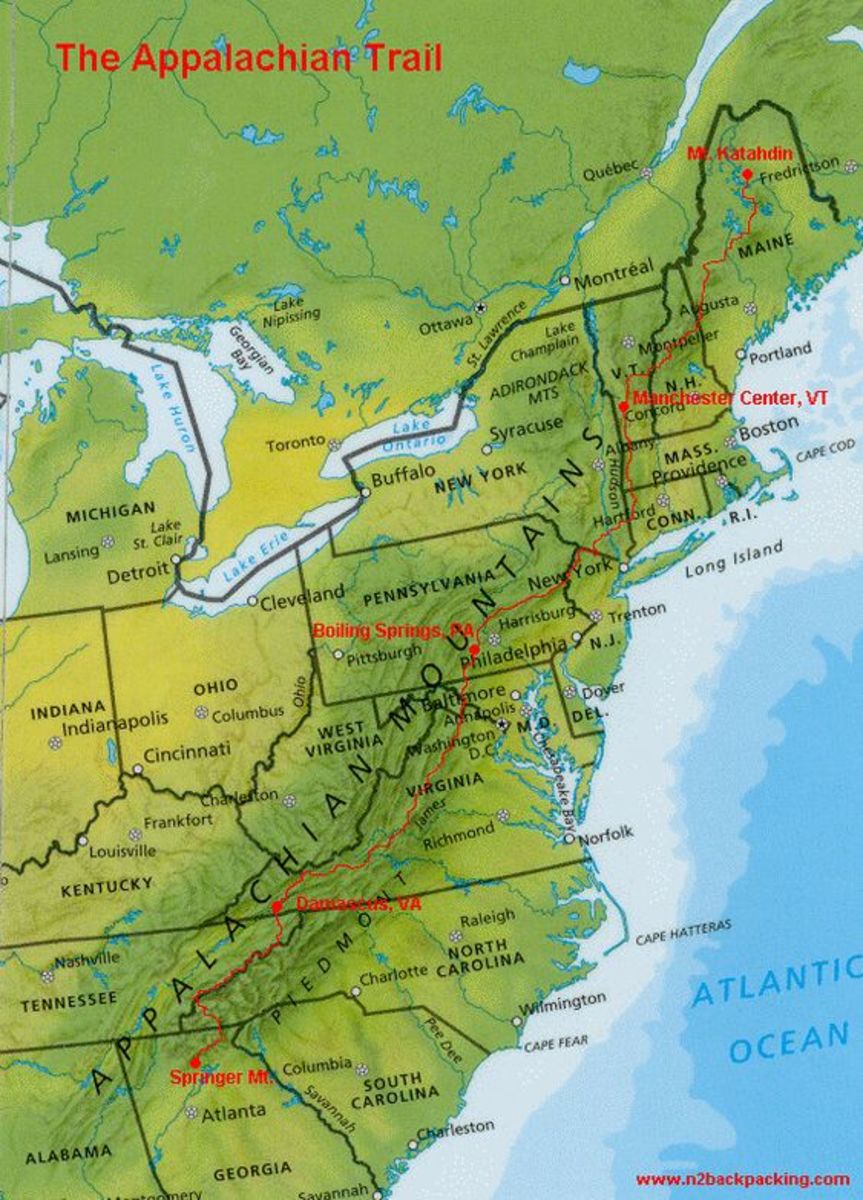History of NASCAR

Stock Cars, Moonshine, and Bootleggers
NASCAR is huge in the South. For some diehard fans, everything pretty much comes to a screaching halt when there's a race on television, and getting tickets to a big event is a real treat. I really don't get it, however. I’m probably one of the few southerners who isn’t a fan of NASCAR, even though my husband is. I am, however, interested in the history of NASCAR. Actually, I like just about any type of history. I find the origins of NASCAR to be fascinating! They’re closely tied to the Appalachian Mountains and to the business of making and selling moonshine, which I just published a hub about. In fact, that’s what prompted me to write this hub. I always did this as a kid – I’d be looking something up in our old set of World Book Encyclopedias, and I’ll always get sidetracked by something else I found interesting. This is probably why I love trivia games so much. I’m a veritable walking encyclopedia of mostly useless information – and that includes NASCAR history.

Moonshine Making and Stock Cars
The practice of making moonshine was around long before automobiles were invented. Our ancestors back in Europe were doing it long before they immigrated to this country. The practice became more prevalent when winemaking was made pretty much impossible in many areas, due to the Little Ice Age. Of course, before corn was common in Europe, other grains were used for distilling spirits. The liquor produced wasn’t called moonshine at first, either.
Moonshine making in the United States began shortly after our revolution. When the government needed money to fund the cost of the war, they imposed a federal tax on alcohol, so Americans turned to illegal whiskey to avoid the extra cost. The same thing happened during the Civil War, too. The heyday of moonshine and bootlegging, however, came about with Prohibition, in 1920. Residents of the Appalachian Mountains had all they needed to make moonshine, including clear streams of cold water, corn, sugar, and yeast, along with isolated pockets deep in the hills. They had no trouble finding hordes of eager customers, either.
Of course, the problem with making moonshine was that it was illegal. Uncle Sam wasn’t too happy about being cheated out of his revenue. Revenuers, federal agents who sought to destroy moonshine stills and put the moonshiners out of business, were always on the prowl for moonshine and its makers, especially during Prohibition, when any type of spirits were illegal. Bootleggers had to be able to move their operations quickly when they got a tip that a revenuer was hot on the trail. For this purpose, they used “souped up” cars that were fast and light. They could load up their moonshine stills in a hurry and move them to a more secure location.
Moonshine runners also found a need for fast cars. Runners were the men who transported the moonshine once it was made, delivering it to paying customers. They had to have vehicles that were faster than the cars of law enforcement, and the runners had to be able to deftly maneuver the cars around mountain curves and back roads.
Sometimes in their spare time, the bootleggers of a specific area would get together and pit their cars and driving skills against each other, and stock car racing was born. These competitions grew, and by the 1930s, these informal races evolved into organized events. The problems were that there were no uniform rules or regulations. This changed in 1948, thanks to the efforts of William France, Sr.
France, known as “Big Bill,” invited stock car races to compete at Daytona Beach, Florida. A mechanic and driver, France met with other drivers and race promoters to discuss rules, schedules, and a governing organization, and the National Association for Stock Car Auto Racing, NASCAR, was formed on February 21, 1948.
NASCAR Today
Today, NASCAR is extremely popular in the U.S. After professional football, NASCAR races have more television viewers than any sport in America. NASCAR racing is done in 39 states, as well as in Canada. In total, there are more than a hundred NASCAR race tracks and more than 1,500 NASCAR races. Although the headquarters of NASCAR are still located in Daytona, North Carolina boasts four NASCAR offices. One is in Charlotte, where hubby is from. That’s probably the reason he’s a NASCAR fan.
I’ve never attended a NSCAR race, nor do I have a burning desire to do so. Hubby, on the other hand, has attended many NASCAR races, and he’s described them for me. According to him, NASCAR races are festive events, with a lot of camaraderie among the racing fans. All sorts of vendors are in attendance, selling food, tee shirts, caps, car tags, and all sorts of NASCAR souvenirs and memorabilia.
Hubby says that all the NASCAR races he’s attended allow fans to camp at the tracks. People bring their motorhomes, campers, and tents, and some might spend several nights at the races to take full advantage of all the pre-race activities and events.
NASCAR Tickets
NASCAR tickets vary widely in price, depending on exactly what you want and where you’ll be sitting. General admission tickets start at around $30 for adults, and kids are usually admitted free or for half-price. If you want NASCAR tickets that include extras like preferred seating, pre-race hospitality, interviews with the drivers, pit passes, and/or pole position parking are significantly more expensive. You can also find NASCAR tickets included in package deals with meals, lodging, and transportation to and from your hotel. The best place to purchase NASCAR tickets is online, where you can see all the available options and prices. For discount NASCAR tickets, check out Ebay.
NASCAR crashes:
NASCAR racing:
Read related articles:
- The History of Moonshine
The history of moonshine and Popcorn Sutton. Videos included.





